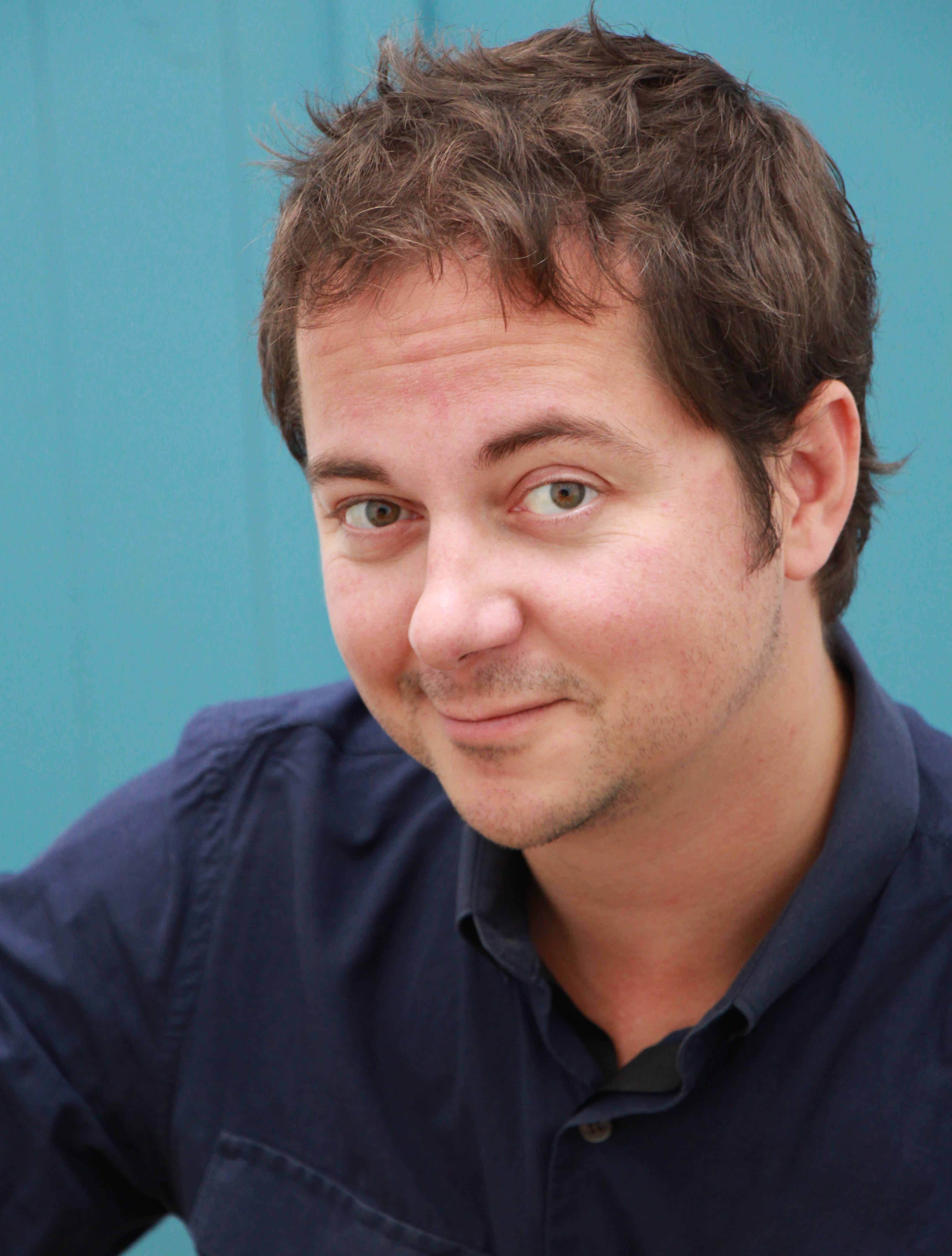How do you determine if your training session was a “success”?
Participant Feedback?
Post session assessment?
Or are you going deeper?
The goal for most training sessions, of course is for participants to apply the content you’ve just provided, back in the workplace.
We all know this.
And so, most of us encourage participants to “make a commitment to one thing” from the session. One idea that resonated most with them, that they can put into practice.
And then they leave.
And a frustratingly high percentage of them don’t do anything different.
(How many times have you thought to yourself, “how can I get more people applying what they learned??”)
Of all the factors holding people back from applying new learnings (and, ideally, developing new habits as a result) is the format of the commitment they make.
Most of the time, end-of-session commitments sound too much like New Year’s resolutions; grand, sweeping (and vague) statements, like “be a better leader”.
The challenge is that you don’t suddenly “be a better leader”. Becoming a better leader is the result of doing things differently. Little things. Repeatedly.
Change doesn’t happen through good intention. It happens through deliberate actions.
About six years ago, my friend, Michael Bungay Stanier, wrote a book called The Coaching Habit. In that book, Michael talks about the New Habit Formula, his language on a body of research established by people like Charles Duhigg, BJ Fogg, Richard Thaler, Gretchen Rubin, and Katy Milkman. (If you’re not already in possession of a copy, the book is definitely worth reading and recommending to your clients.)
The New Habit Formula is comprised of four components. When intentionally structured, these four components combine to help you make a commitment that has a much higher likelihood of completion. The four components are:
The Trigger
Michael defines this as “the crossroads”; a specific catalyst that provides the opportunity to engage in a new, deliberate behavior, or continue to respond with your established pattern. (ie. “When in a meeting…”)
The Current Habit
We’ve all been subconsciously wired to react to triggers in a certain way. This default response is our current habit. It’s important to understand that this isn’t a ‘bad’ habit. It’s just the thing that naturally comes after the trigger, and the thing that we want to either (a) interrupt, or (b) replace with a new habit. (ie. “When in a meeting, instead of feeling I need to be the first to share my opinion…”)
The New Habit
The new habit; the tiny behavior change you want to make in place of your current habit. (ie. “When in a meeting, instead of feeling I need to be the first to share my opinion, I will ask one colleague for their viewpoint.”)
Note that the new habit can – and should – be simple and small.
The Reason
As soon as we start something new, we immediately face resistance. Internally or externally generated, we’re going to receive signals that we should just let it go, and return to familiar patterns. It’s naive of us to believe otherwise. And, as such, we need a motivation great enough to travel the path of uncomfortable in order to make it out the other side (new habit firmly established). We do this by defining – ideally in writing – the why behind the change. How do we envision life being different, once this new habit is a part of our lives? (ie. “When in a meeting, instead of feeling I need to be the first to share my opinion, I will ask one colleague for their viewpoint. I’ll do this so that I am perceived as a more inclusive leader and so I can better leverage my colleagues expertise.”)
Note that it’s ok for the reason to somewhat selfish. If the overall impact of the behavior shift is a net-positive, virtually any motivation to help you get there is worth considering.
Flip back to your facilitation experience. How well are you equipping your participants with the tools and structure to actually realize their desired changes?
It’s worth considering what adding 10 minutes to the end of your session for strong commitment creation could do for your lasting impact.
Hey, maybe you’ll even make a commitment about it.
Actionable is on a mission to help boutique consultancies scale their business by giving them the tools to prove and amplify their impact.
If you’re serious about focusing on impact, we’d love to show you how we can help. Book a time to talk with us.
We can’t wait to meet you.


